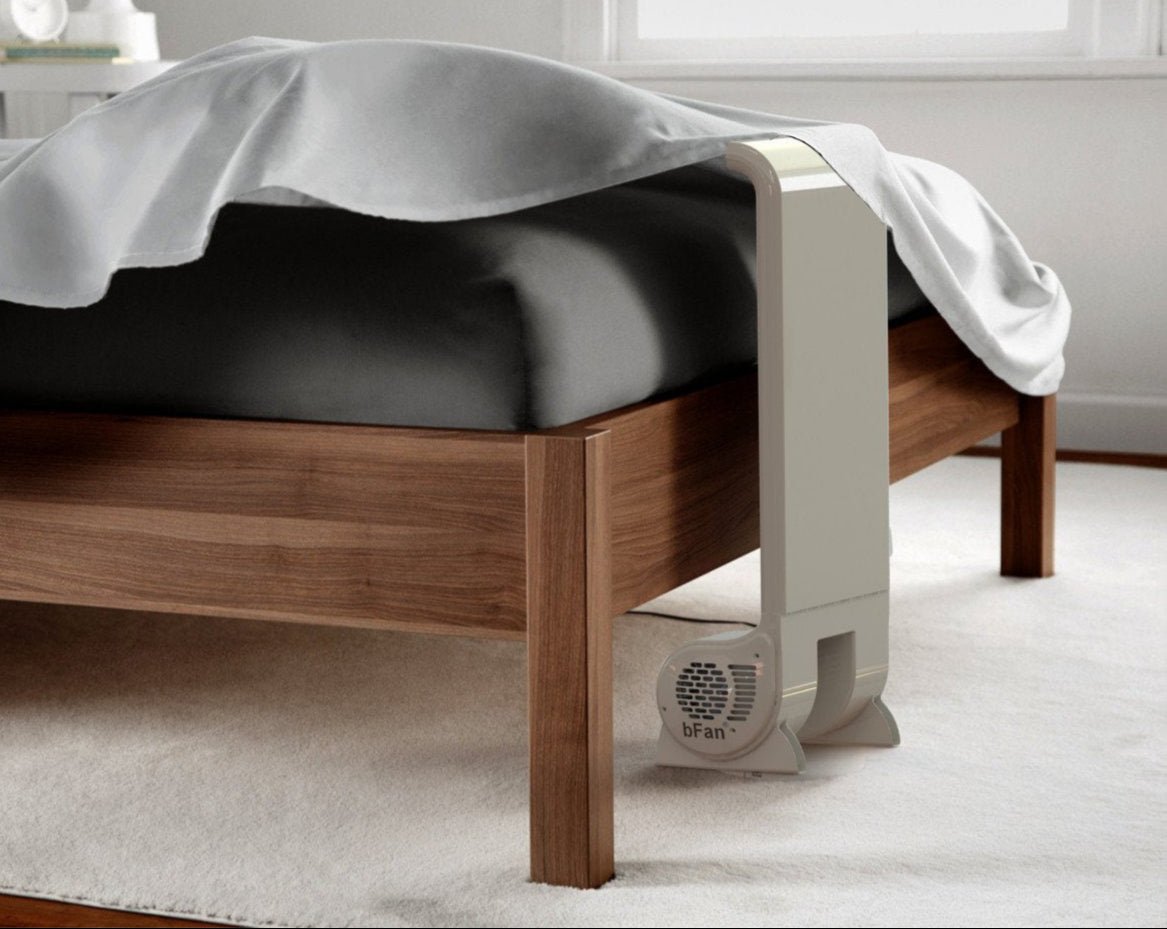Talking in Your Sleep
A lot of us have talked in our sleep at some point in our life. The degree to which varies greatly though, as it might be just a word or sound, or it may be a whole dialogue. So, what causes sleep talking at night? A whopping 50% of children between 3 and 10 years old deal with this parasomnia, while only around 5% of adults do. There is also a high possibility that sleep talking is, in fact, a genetic trait! Studies have found that only about half of sleep talk is clear enough to understand, while the other half is just gibberish. While the statistics of it may seem clear cut, the content of the activity is a little less clear.
Science is yet to come to a conclusion on what causes sleep talking. It’s rarely related to the sleep-talker’s consciousness and their real-life events. It’s more likely related to conflict-heavy events, such as nightmares, or an underlying mental health factor such as PTSD. More often than not, sleep talk that is recorded contains exclamations or profanities. (Sleep Foundation) It may also be connected to Sleep Apnea and chronic headaches.
As a whole, it’s not dangerous for people to be talking in their sleep, it’s just disruptive to whoever may be sharing a bedroom with them. Waking up another person with sleep talking can quickly become problematic, because high-quality sleep is so important to functioning in everyday life. Some small changes can be made to try and lessen the frequency and severity of sleep talking- most of it tying back to sleep hygiene and environment.
Keeping a sleep diary for a couple of weeks for your doctor to look at is one of the best things you can do to get started on making some changes with sleep talking. A sleep diary can be a big responsibility to take on though, even if just for a little while. So if you’re looking for something a little bit smaller to try and help, you can also try making your bedroom space better for sleep. Making sure the mattress is of high quality and the bedding is cozy goes a long way. Keeping the temperatures low can also encourage great sleep. You should be sure to limit the amount of light and noise pollution in your bedroom. This can be as simple as unplugging bright electronics at night or running a sound machine to drown out distracting noises.
As for the person who is sharing the room with the sleep talker, there are some things you can do to make your quality of sleep a little bit better, too. Earplugs or headphones worn in or over the ears can help filter out the sound enough to not disturb your sleep. A sound machine can also help to drown out the sound of your room partner talking in the middle of the night. If a sound machine isn’t feasible, trying something with a little less volume such as a fan. If it comes down to it, sleeping in another room may be one of the only ways to get a good night of sleep without having it disrupted.
The most important thing is, if you’re experiencing troubles in your life due to sleep talking, you should consult your doctor about it. For more information on other sleep issues, follow our Sleep Health Blog.
https://www.webmd.com/sleep-disorders/talking-in-your-sleep
https://www.sleepfoundation.org/parasomnias/sleep-talking
Share

